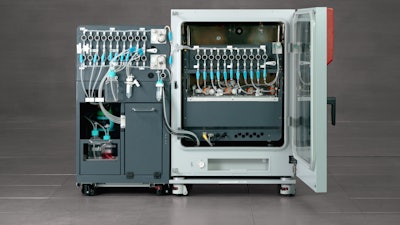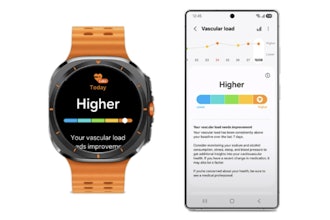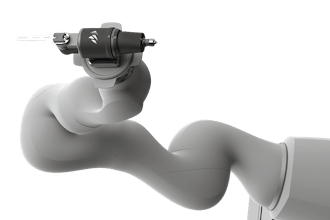
Mytos announced today it has closed $19 million in Series A financing led by Buckley Ventures, with participation from IQ Capital and Wing VC.
The funding will accelerate the manufacturing and distribution of Mytos' automated cell production system to more biotech and pharma companies to meet growing demand. The company’s platform is already in use by a number of life sciences companies globally. Mytos also has plans to expand its sales and development team.
Founded in 2018, Mytos has developed a revolutionary system that fully automates the intricate and pivotal process of human cell production—an essential part of the drug development process. A critical bottleneck in biotech is the manual production of human cells, which slows down development of every new drug. Whether at a large pharma or early-stage startup, scientists do not have a viable solution to the tedious process of manually growing human cells – which consumes valuable hours each day, delaying the speed of drug development.
The inconsistencies in hand-grown cell quality also introduce noise into crucial data, while contaminations can frequently delay experiments by weeks. Mytos' automated cell production system streamlines this intricate process, seamlessly integrating tasks such as imaging, passaging, and media replenishment into an automated workflow. Mytos' ability to automate cell production frees up scientists' time, decreases the risk for human error and contamination, and improves the yield of high-quality cells.
The Mytos automated cell culture system can produce a range of intricate cell types from brain to heart cells within a matter of weeks. Beginning with stem cells (iPSCs), the system can efficiently manufacture heart cells that spontaneously start beating after 12 days. By automating the entire cell manufacturing process, Mytos ensures consistent, high-quality cell production and yield, while allowing remote monitoring of cell quality via digital data capture accessible on a smartphone or digital device.






















